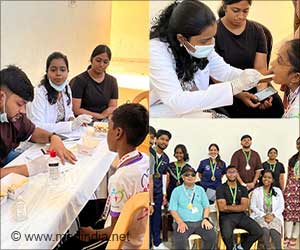A transplant surgeon at Loyola University Hospital is pioneering a new way to boost the supply of organs from deceased donors.
Presently, most organs are obtained from donors on life support who have been declared brain dead. The organs are in good condition because the heart is still beating.However, more surgeons are beginning to use organs from patients who have been declared dead after their hearts have stopped beating.
The most commonly used organs from cardiac-death donors are kidneys and livers, but now surgeons are using lungs and pancreases as well.
Dr. Robert Love of Loyola University Hospital has done about 30 lung transplants from cardiac-death donors.
“We must do everything we can to encourage people to become organ donors. And we also have to make sure that every usable organ is used,” Love said.
However, obtaining organs from cardiac-death donors could be technically challenging.
Advertisement
A typical case involves a patient who has suffered severe and irreversible brain damage from, for example, a car accident, gunshot wound or brain hemorrhage.
Advertisement
However, the patient is near death, and further treatment is considered futile.
The family agrees to withdraw the patient from life support and donate the organs.
The patient usually dies soon after being taken off the ventilator and other life support, such as medications to maintain blood pressure.
Five minutes after the patient's heart stops beating, the body is taken to an operating room, where the organs are recovered.
Families of donors take solace from knowing that their loved-ones' organs will enable other people to live.
Source-ANI
SRM/M





